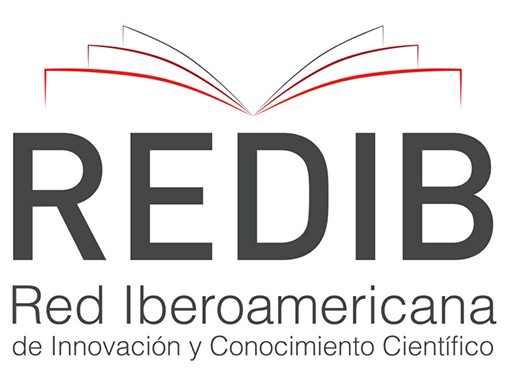SEMINAL PLASMA COMPONENTS AND ITS INFLUENCE ON CRYOPRESERVATION AND FERTILITY OF EQUINE SPERMATOZOA
Keywords:
seminal plasma, sperm, cryopreservation, fertility, equineAbstract
After its formation in the testicular environment, sperm needs to go through a maturation process for enabling it to fertilize the oocyte. During epididymal transit and ejaculation, sperm cells come into contact with secretory products of the accessory glands and acquire progressive motility, ability to recognize and bind zona pellucida, and fusion with the plasma membrane of the oocyte. It is known that some proteins attached to the sperm membrane are similar to those present in seminal plasma, suggesting that these are from the interaction of secretory products of the accessory glands with spermatozoa. Thus, the determination of seminal plasma components could be considered a form of ejaculate evaluation. Studies indicate that seminal plasma plays several roles on metabolism and sperm fertilization process such as activation of sperm motility, antimicrobial activity, neutralization of sperm metabolites, protection against acrosin by protease inhibitors, among others. Furthermore, it mediates sperm capacitation and post-coital inflammatory response in the uterus of mares. Therefore, the study of biochemical and protein profile of seminal plasma allows the isolation and characterization of components positively related to cryopreservation and fertility of stallion semen, enabling improvements in the storage techniques and early identification of fertile and subfertile animals.
Downloads
Published
How to Cite
Issue
Section
License

Este obra está licenciado com uma Licença Creative Commons Atribuição-NãoComercial 4.0 Internacional.











